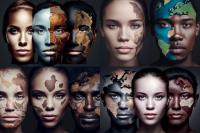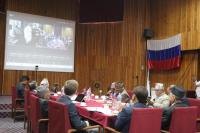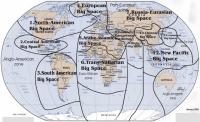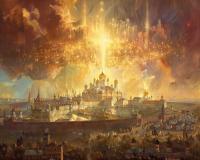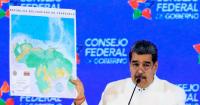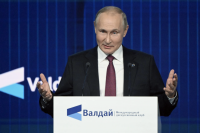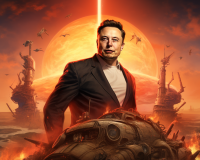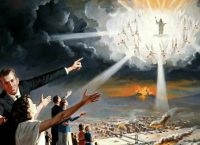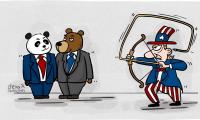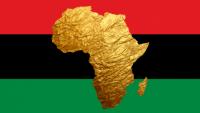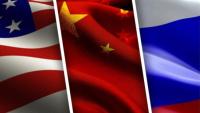Global Conference on Multipolarity and Fourth Political Theory
Dear friends! You are invited to participate 29 April in international conference on Multipolarity. It will last all day in order to cover space of the planet. Most welcome are people from those countries that are not too active in promoting multipolarity or rather we don't know well enough - Southern Asia, Africa, Oceania. We plan speaking any one on her/his native language. WE are the humanity. Not them.
We are proud to announce the Global Conference on Multipolarity and Fourth Political Theory, co-organized by Nova Resistência and Alexander Dugin.

